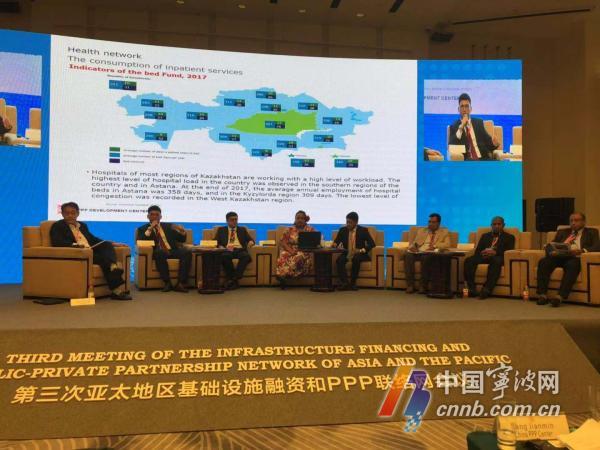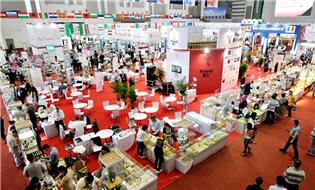Senior UN official lauds Ningbo's sustainable development

The third Meeting of the Infrastructure and Public-Private Partnership Network of Asia and the Pacific is held in Ningbo, East China's Zhejiang province. [Photo/cnnb.com.cn]
Ningbo's urban sustainable development is impressive, and its experience serves as an important reference for countries in the Asia-Pacific region, noted a senior official at the United Nations Economic and Social Commission for Asia and the Pacific (ESCAP).
Hongjoo Hahm, deputy executive secretary of ESCAP for Programmes, Economics and Financing, made the remarks at the third Meeting of the Infrastructure and Public-Private Partnership Network of Asia and the Pacific in Ningbo on Sept 2.
In recent years, the Ningbo government has been sticking to the path of green development, aiming to build a society strong in resource conservation and environmental protection.
It has made strides in the construction of waste treatment facilities through public-private partnership (PPP), a collaborative investment model between government and private companies.
In 2013, the World Bank allocated a loan of $80 million to help improve municipal solid waste management in Ningbo, the first PPP project in the country to use a World Bank loan.
The city's solid waste incineration plant and kitchen waste treatment plant have been classified as PPP demonstration projects by the Ministry of Finance.
In 2018, Ningbo ranked first in Zhejiang in terms of garbage sorting and, this year, it placed third among 46 pilot cities across the country.
The city's household trash sorting management regulation is set to take effect in October.
Qiao Xiaoping, head of the China Public Private Partnerships Center under the Ministry of Finance, noted that innovation in systems, technology and management have become a significant means to promote the construction of a green, low-carbon and ecofriendly society in Ningbo.
To date, 42 of the 46 PPP projects in Ningbo have completed social capital procurement, with a combined investment of 80.13 billion yuan ($11.96 billion).
In the future, the city will continue to employ the collaborative investment model to promote garbage and sewage treatment.
Chinese authorities have explored funding infrastructure and public works through the PPP model since late 2013, reducing local government debt and opening new opportunities for private capital.



 Print
Print Mail
Mail
